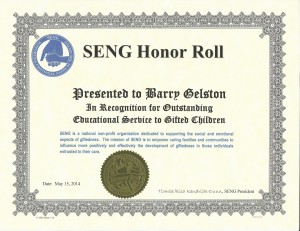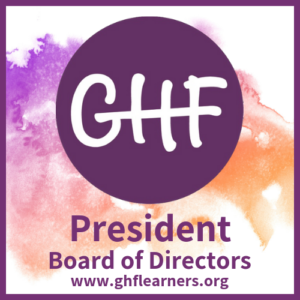
A consistent issue that I find with a significant portion of my Gifted and 2e learners is that many of them love to rush through their math problems. I have experienced this mad rush enough to determine that the challenge is to change the rhythm of engagement to include time to review constraints, options, and possibilities.
It is an understandable situation that develops. In early studies of arithmetic, we are running loops of small algorithms to solve long problems. In addition and subtraction we have these wonderful little procedures of grouping and ungrouping (for some carrying and borrowing) which we can do forever. The challenge is to remain consistent and organized. Some quick math students love to be able to process those steps rapidly. There is a “sugar high” type of reinforcement in completing those steps quickly. Later on they move to long multiplication and division which is more of the same; more rapid reinforcement of repetitive tiny steps. The problem is that the quick can fall into a trap of moving quickly, but not strategically.
I find that as these same learners move into multi-step problem solving, which requires the use of different techniques, they are stuck on their repetitive movement and continue to make the same mistakes repeatedly. These learners don’t want to buy into problem solving techniques that are common in mathematics. They look for the short-cut and go to what looks familiar with them, rather than looking at the big picture. They are hooked on being really fast in math.
Slow Motion Practice
To deal with this issue, I have developed a favorite approach that comes from something that I learned when I was practicing martial arts as a young man. When practicing my forms, I wanted to do them with a brisk motion that was accurate and sharp. I wanted to wire in good form so that I only had to think about what to execute, rather than how to execute a maneuver when sparring. My teacher would correct my forms and I would try again, believing that I was doing something different. I would get home and practice in the mirror and I could see how I was just doing the same thing over again. I had to try something different.
I started to practice in slow motion. As a child I loved to play that I was an action hero moving in slow motion. We would make sound effects and try to replicate the experience of that early experiment of TV sports entertainment. I decided that I would try this process practicing my moves. I would, in extreme privacy, watch myself in the mirror and make the adjustments that were needed in very slow motion. My determination outweighed my sense of silliness. In time, I slowly sped up the process so that I could maintain the new form at continuously increasing speed until I could do them briskly. I became aware of how I was moving and actively engaged in changing.
Translating Slow Motion to Metacognition
The target for much of my education process is to help learners to become responsible for how they learn by focusing them on their own “awareness and understanding of their own thought processes.” Getting someone with a rapidly moving brain to stop speeding down the tracks and focus on how they think can be a real challenge. Sometimes it’s best to let the ride end naturally. Then, at the end of the ride, I act to form consensus with the learner that we need to find a better way to solve the problem. I need to force time to move slowly as we review that previous math challenge. At this point, we can review what we could have done better. I guide the conversation back to many of the the standard problem solving techniques. However, I find that many learners often find a complementary process that works based on their style.
The goal in math and metacognition are similar to my approach in martial arts. Practice the process by slowing it down, become aware of what actions one is taking, determine the success of each movement, and build a toolbox of these successful attempts.
Practice. Reassess. Modify, Iterate.
In time, this process of metacognition becomes second nature for self-assessment. Learning how to reassess our thinking becomes an approach that becomes useful in many portions of our lives. At the same time, within our chosen pursuit, the problem solving techniques developed by the learner become maneuvers to execute when needed.
Start by challenging yourself to practice something in slow motion, engage in the laborious process, and then enjoy the new habits that you develop.


